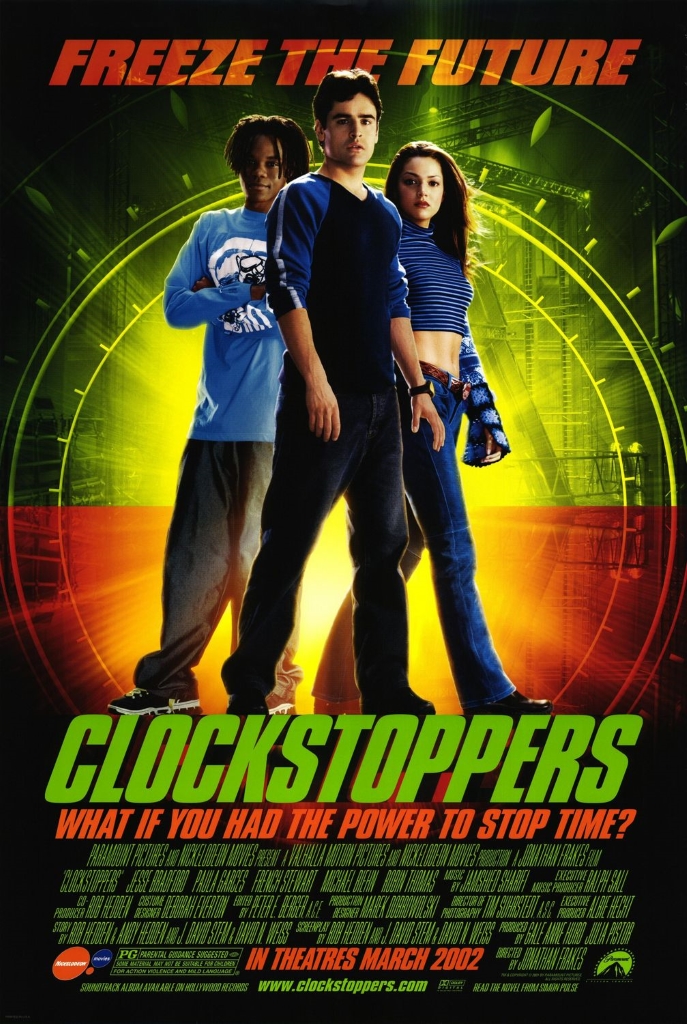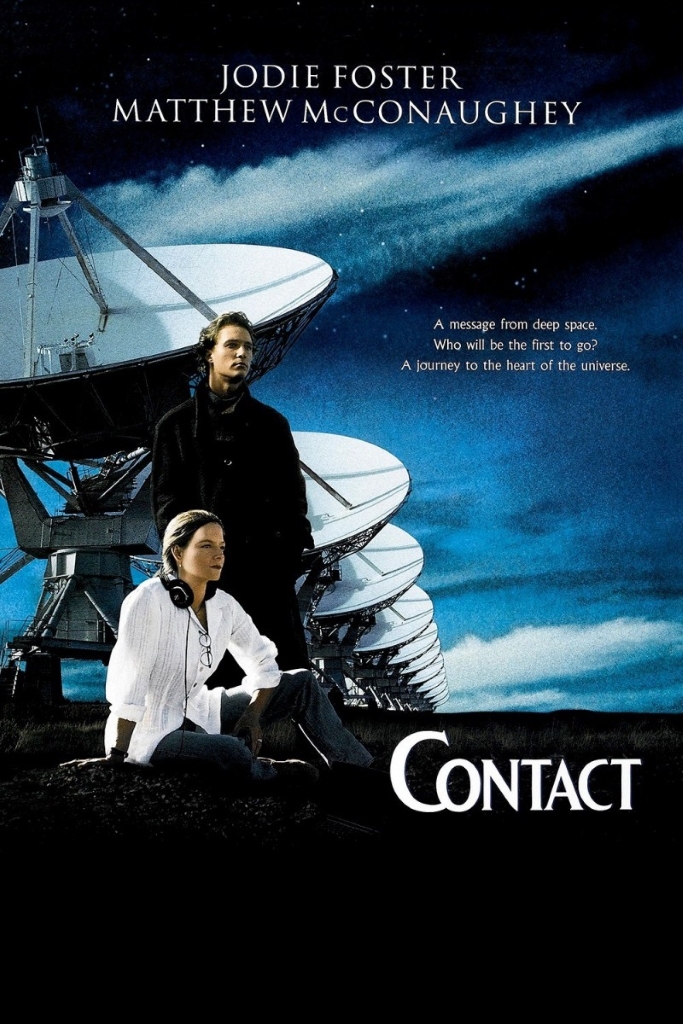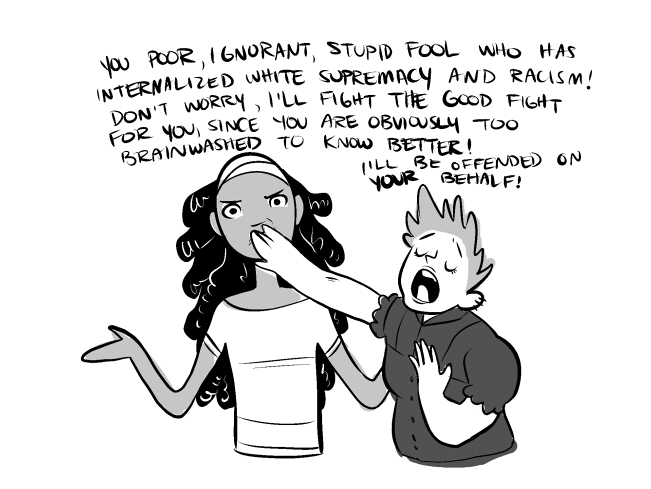The original Half-Life, released over fifteen years ago, was a milestone for first-person shooters on the level of Doom. When it first came out, many predicted it would set the standard for shooters to come and its features would be copied by countless other games, and history proved them all right. Concepts such as a narrative that stayed with the point of view of the playing character (not even an opening cutscene) is now a staple of the genre today.
Of course, another way the game proved innovative was the character it assigned to its protagonist, Gordon Freeman — or lack thereof. The player only knows what he looks like from the box cover art, as he’s never seen in the game itself due to the first-person perspective (and odd absence of reflective materials). Information about his professional background could be inferred from a letter from his then-future employer regarding his new position, shown in the manual. And in the opening of the game itself, there is some superimposed text about him, though that focuses on such data as his education, job title, security clearance, the ominous-sounding “Disaster Response Priority”… All minutia within the realm of some bureaucrat. (Or, perhaps, some sort of outside observer? But that’s another story.) As opposed to, say, Doom‘s space marine, who as the manual notes “assaulted a superior officer for ordering his soldiers to fire upon civilians,” no background information provided for Gordon sheds any light on his morals, actual personality, or unspoken goals outside of his career.
This, of course, allowed gamers to have their own ideas for who Gordon really is, what he makes of the mess and the violence that he in a sense started himself, and where he hopes to be at the end of the ordeal. Was Gordon a classic hero, who immediately takes the initiative to rescue his coworkers and set things right by any means necessary? Or is he merely a common working stiff who just wants to live another day and escape the situations into which he is thrust?
The player was free to think of Gordon in any way they saw fit. However, it seems unlikely that any of them had a concept of him that was anything similar to how he is as portrayed on Ross Scott’s web series Freeman’s Mind.
Freeman’s Mind is a series of videos showing a playthrough of Half-Life, complete with a narration purportedly comprising Gordon’s inner thoughts. According to this inner monologue, Gordon is still the Gordon as presented by the game: A young theoretical physicist with a doctorate from MIT, now working at the “Anomalous Materials” department of a sprawling government research facility in the New Mexico desert. After being in the middle of an experiment gone horribly wrong, he must now must face off against extradimensional aliens and soldiers assigned to purge the facility of any witnesses.
But as for his character and personal life, the narration goes into further detail: Gordon’s pastimes include recreational use of prescription opiates and hitting on unwilling coworkers. After the ill-fated experiment, he never once considers the fate of the other personnel or the outside world with the aliens teleporting in, instead focusing on his own well-being (something he clearly holds in very high regard) throughout. After discovering that the hostile military forces know him by name, his plans shift to hijacking a ride to Massachusetts, grabbing a stash of gold he’d buried in case he was caught embezzling, and making his way to India. Meanwhile, he still makes his way around the facility, as one is forced to do by the game, although he sometimes gets distracted by the occasional supply of tranquilizers or morphine.
This version of Gordon is different than a usual gamer’s conception of him primarily because he’s not aware that he’s in a video game, and therefore does not take cues as a gamer would. He doesn’t pick up a highly powerful weapon because he takes seriously a warning that it’s still unstable. He takes his time coming to the conclusion that the marines have been orders to kill personnel as well as aliens, and mistakes their shooting at him as sheer incompetence. (“I’m on your side, you [expletive] idiots! How many of you do I have to kill for you to understand that?”) He is concerned about things a gamer would know is not an issue, such as aliens teleporting into the walls and support structures as well as out in the open, which would presumably explain why it’s falling apart. (“We’re turning into the Swiss Cheese of the Damned!”) In later episodes, however, Freeman seems to have learned the unspoken rules and language of video games to some extent, even though he wouldn’t consider it as such. (“It’s glowing. Therefore, it must be important. I think that’s how the hierarchy works around here: Whatever glows has more status.”)
Scott also lends credibility to Freeman’s character by giving him an appropriate level of scientific expertise — the one area in which his astronomical self-worth is actually warranted. This leads him to point out inaccuracies in the science of the game, both in terms of his colleagues’ knowledge (Why would they need to keep something as pedestrian as the equation for gravitational force written on the whiteboard?) and the new scientific frontiers invented by them (How can a teleporter not preserve momentum?). Freeman often takes time out to ponder how such things work, while a gamer would of course accept it and move on.
But all the nerdy, self-aggrandizing humor doesn’t fully explain its success. What appeal do gamers see in watching other people play what they’ve already played?
With Freeman’s Mind, Scott has spawned a long line of “Mind” series, all videos of playthroughs accompanied by the playing characters’ interior monologues. They have a structure similar to that of an episode of Mystery Science Theater 3000, with a middleman commenting upon source material in real time, both presented to the viewer.
But MST3K tackles film, a medium that is traditionally viewed by many people at once in a large room, and discussed among them afterwards. And if that discussion of the artwork isn’t enough, there is no end to more critiques and observations of it in the media — as it is, after all, a Legitimate Work of Art. By contrast, video games, at least single-player games, are consumed one isolated player at a time, with nobody with whom to share their experience and analysis of the artwork afterward, save for some nooks and crannies in the Internet.
And Half-Life certainly has its memorable experiences: Being at Ground Zero during the disastrous experiment; seeing the supposed rescue team gunning down a fellow scientist; watching another scientist grabbed by a massive tentacle that smashes through the window; suddenly falling in a shark cage, then dropping into a body of water containing something that necessitates the shark cage; being left for dead in a trash compactor that’s just started compacting; carefully navigating a room filled with trip mines, rigged to start a chain reaction ending with nuclear warheads. Such moments set it apart from previous shooters, which usually lacked any truly striking moments outside of cutscenes and boss fights. After playing Half-Life for the first time, many a gamer sought out others to share their experience of innocently pressing an elevator call button, only to cause the elevator to plunge down the shaft, carrying a few screaming scientists with it.
It is only natural, then, to be curious about how this incarnation of Gordon Freeman would react to such moments, fighting new enemies, picking up new weapons (“Now I can solve up to eight hundred problems a minute!”), and noting other interesting features of Black Mesa Research Facility and the Xen “borderworld.” Video games deserve dissection as much as any other art form; for entertainment’s sake, why not have it performed by a megalomaniacal manchild?
Freeman’s Mind, which will soon finish its run unless Scott tackles the sequel, succeeds mainly due to Gordon’s constant off-kilter musings. But the overarching draw to the series is the opportunity for gamers to gather in a common space where their experiences are shared, and see how one alternative take on their playing character would handle them.
The appeal is guaranteed, of course, when Scott’s Freeman reacts to his inadvertently causing his aforementioned colleagues to fall to their deaths by thinking, “Oh man, I hope at least they were jerks.”








